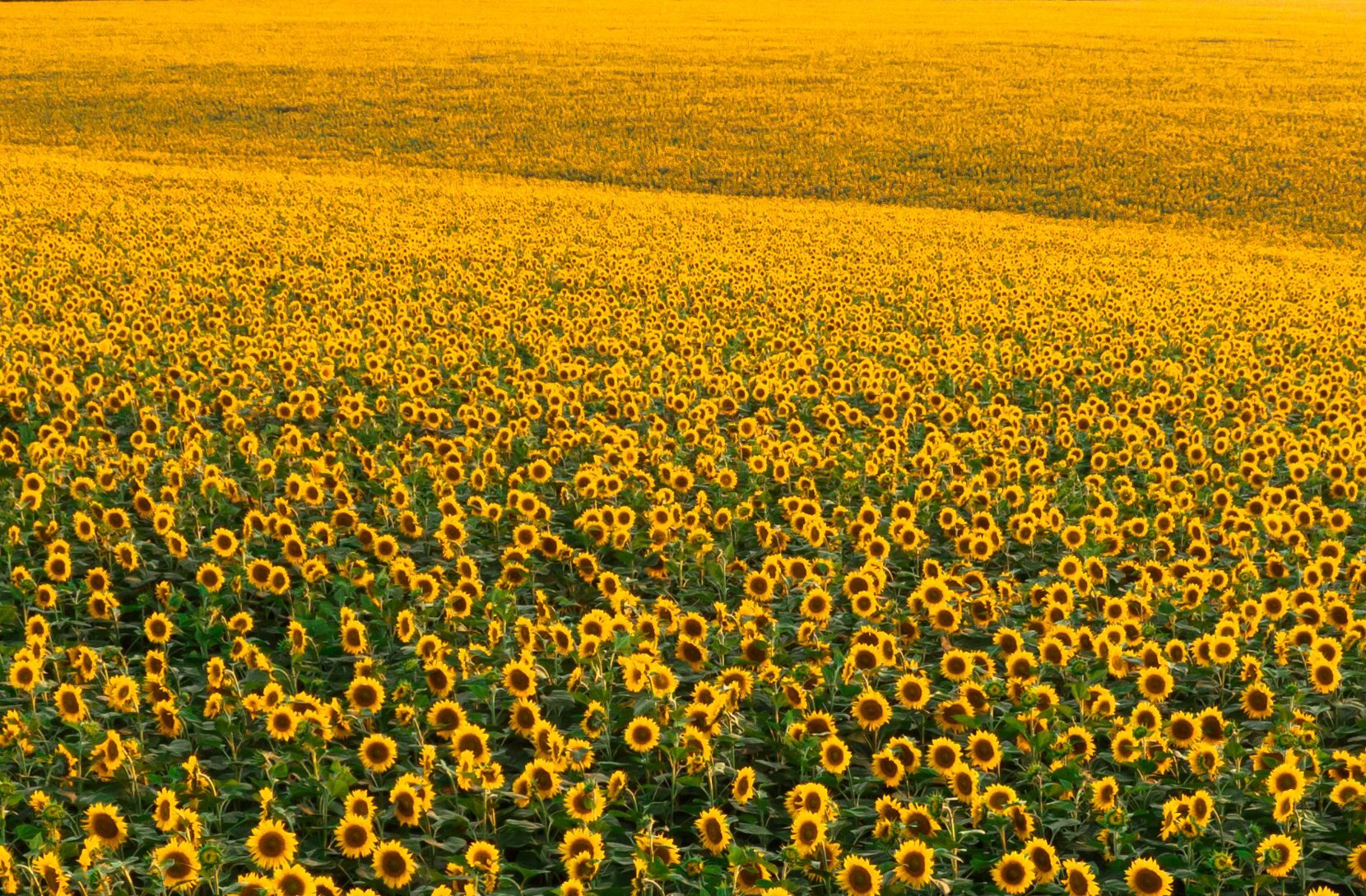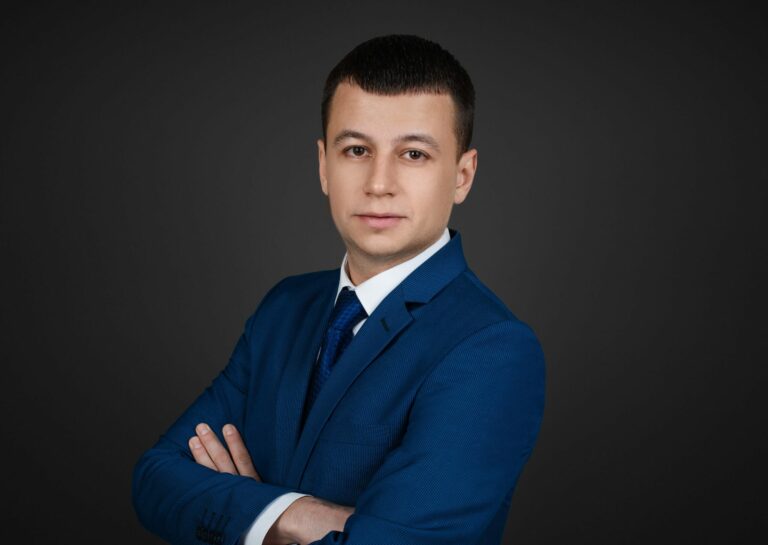Date of publication: 25 July 2024
Dmytro Hruba, Attorney at Law
Source: AgroPortal
On 25 June 2024, the start of negotiations on Ukraine’s accession to the European Union was officially announced. Obviously, this path will not be easy, because Ukraine must fulfill a number of conditions and requirements, in particular, undertake legislative reforms in the area of land and agrarian relations, harmonizing national legislation with EU legislation. In this area, the functioning of the agricultural land market will undoubtedly be one of the most important issues.
Land market reform in Ukraine
The land market in Ukraine was launched in 2021 with significant restrictions imposed on its subjects (natural persons) and the maximum area in one individual’s possession (up to 100 hectares).
In 2024, despite the war, the next stage of reform has occurred — the market has opened for domestic legal entities, whose founders are exclusively Ukrainian citizens. Also, the maximum area limit has been increased from 100 hectares to 10,000 hectares.
In addition, since the beginning of the market’s functioning until today, it has been closed to foreigners, including legal entities where participants are foreign citizens. According to current legislation, the market can be opened to them only based on the results of a referendum, which cannot be held under martial law.
Therefore, the agricultural land market has always been closed, only Ukrainian citizens can purchase land directly or through their legal entities.
According to open data from Opendatabot, almost 600,000 hectares of agricultural land have been sold since the market opened. At the same time, the average cost of 1 hectare of land is slowly but steadily increasing and now reaches over UAH 49,000.
How does the land market work in the EU?
Understanding the way the EU member states’ markets operate and how they have changed since their accession to the EU is necessary in order to understand how the European integration launched by Ukraine will affect the land market.
First of all, it should be stressed that the free movement of goods and capital is among the EU’s fundamental principles. This is the basis for its functioning, but it does not mean that each member state has no restrictions on the land market. They exist and differ significantly from country to country, although they are not comparable to ours.
As a rule, Western European countries are the most liberal, while the land market is more regulated in Central and Eastern European countries.
The market in Belgium and the neighboring Netherlands is probably the least restricted. The agricultural industry in the Netherlands is quite developed and efficient, and the land market has been the most open for many years. Dutch land market restrictions are mostly related to rentals, such as minimum rental periods, etc. Land can be bought by citizens as well as foreigners. The average land price, in fact, is the highest in Europe.
The land market situation is similar in the already mentioned Belgium, Spain (except for certain regions where a special permit is required for the purchase of land) and other Western European countries.
At the same time, France has different conditions. Land acquisition is subject to a greater number of requirements and restrictions on the market. Land Development and Rural Establishment Society (SAFER) operates here, through which a transaction for the purchase and sale of land in France is agreed upon, in particular, by studying the identity of potential buyers of land.
At the same time, foreigners have the right to purchase land in France, but priority is given to local farmers. In addition, the agricultural sector of France is dominated by a large number of small farms.
A good example of a liberal land law can be found in Lithuania. The ban on land sales to foreigners was lifted in 2014, albeit with some restrictions on buyers and the maximum area. Land liberalization took place there in several stages and now about 80% of the land is private.
Poland, not without EU pressure, opened the land market to foreigners only 12 years after its accession (2016). However, not for everyone, but only to EU citizens. In addition, there are significant restrictions on area (up to 500 hectares in one individual’s possession), residence and buyer qualifications. Here, preference is also given to small farms.
There are also significant restrictions in Hungary, where the land market was opened to EU citizens in 2011. Consequently, certain agricultural skills are required before buying land. There are also limits on the maximum area of land “in one individual’s possession” of 300 hectares.
A similar situation can be found in Bulgaria, Slovakia and other countries, where various restrictions apply to land buyers, such as the minimum period of residence in a certain country or locality, the maximum area before acquiring ownership, etc.
Position of the European Court of Justice
Several of the specified restrictions have already been considered by the European Court of Justice.
For example, the Court concluded that setting maximum limits on the size of land that can be “in the possession of one individual” violates the fundamental principle of free movement of capital.
As for the requirement that the buyer must reside permanently in the area where the land plot is situated, the European Court of Justice reached similar conclusions.
At the same time, it should be noted that the European Court of Justice not only interprets EU law, but also ultimately affects its formation and transformation, since its decisions often become fundamental to legislative and other acts of the European Union, as well as its member states.
And what about rent and other tenancy?
Many domestic (and other) agrarians are not land owners, but land users, so the functioning of the land market cannot be understood only from problems and issues related to the purchase and sale of land.
In Ukraine, land users’ rights are quite protected, in particular, with the help of the instruments of the preferential right to purchase land, the preferential right to extend the lease, and the legislative establishment of a minimum 7-year lease period for a number of agricultural land plots. In addition, not so long ago, the right to rent in Ukraine became fully defensive, which is a correct and progressive step.
In the EU member states, the set of mechanisms for protecting land users is generally similar, so I would not expect any fundamental changes in this regard.
The use of European and Ukrainian lands differs significantly, however. In Ukraine, despite many years of criticism and a number of legislative attempts to change the situation, the institute of lifelong inherited ownership and the institute of permanent land use continue to operate. This is our legacy from the Soviet legal system. At the same time, the volumes of such land are really impressive.
Over 3 million hectares of land are currently being used by state enterprises, institutions, and organizations on a permanent basis. On the agricultural market, these lands are often subject to shadow land schemes that do not promote competition or economic development, but only promote corruption.
Therefore, we expect that the future harmonization of Ukrainian legislation with EU legislation will end these rudimentary land institutions.
It should be noted that according to the European Commission report regarding Ukraine based on 2023 results, the harmonization of domestic land legislation is currently at an initial stage. Although some progress has been made, particularly in adopting legislation that complies with the EU acquis, Ukraine still has much work to do.
Land market liberalization as a path to investment
There is no doubt that Ukraine’s desire to take a rightful place in the European family and the restrictions currently operating on the land market are incompatible. Eventually, they will have to be reviewed and liberalized at least minimally to allow foreigners to participate in the land market.
For supporters of the closed market, the option of imposing significant restrictions on land purchase by foreigners, the possibility of setting a number of requirements for buyers, limiting the maximum area to be purchased, etc., should be reassuring. Such restrictions may last for a long time. The standard case law of the EU is the possibility of applying significant transitional periods before the final opening of the market (the above-mentioned 10 years in Lithuania, 12 years in Poland, and these cases are not isolated).
A strict restriction, however, can have a destructive effect. There should only be one main restriction: to prevent monopolies and to promote competition and the development of small farms to the maximum. Foreigners buying all the land in Eastern Europe is something that does not happen in practice; such threats are somewhat remote and provoked by the difficult history of the region. Furthermore, opening up the market for foreigners can lead to new opportunities for attracting funds, which will play a crucial role in the future recovery of the postwar economy.

